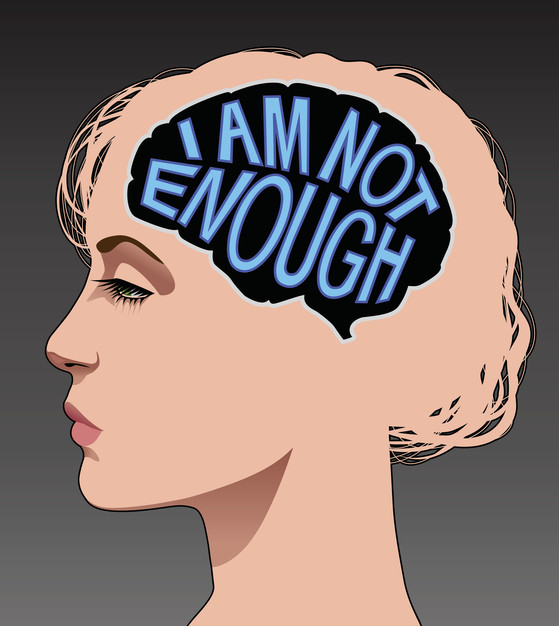
How — and why — to fit more fiber and fermented food into your meals

UTI in older women: Why postmenopausal women are susceptible to urinary tract infection, and what to do about it

Can a routine vaccine prevent dementia?

Some adults may need a measles booster shot. Who should get one and why?

Less butter, more plant oils, longer life?

Healthier planet, healthier people

Counting steps is good — is combining steps and heart rate better?

Appendix pain: Could it be appendicitis?

Can saw palmetto treat an enlarged prostate?

How does Ozempic work? Understanding GLP-1s for diabetes, weight loss, and beyond
Mental Health Archive
Articles
Talking to your doctor about an abusive relationship
Intimate partner violence can occur between people of any gender or sexual orientation. Abuse can leave people feeling isolated, confused, or hopeless, and talking to a health professional is one way to get help in the form of medical treatment or access to appropriate services.
Trauma-informed care: What it is, and why it's important
Because medical exams are invasive, and because many people have experienced some form of trauma and may be uncomfortable with aspects of the exam, healthcare providers should approach care with consideration for what patients may have experienced.
When the arrival of menopause brings symptoms of depression
A new study suggests that hormone therapy might help with perimenopausal depression. But is it safe for you?
Hormone therapy has long been a controversial topic, and a new study about the role of hormones in depression is adding some fodder to the debate. A study published in the January 10 issue of JAMA Psychiatry determined that hormone therapy may help ward off symptoms of depression in women. Researchers found that perimenopausal and early postmenopausal women who were treated with hormones were less likely to experience symptoms of depression than women in the study who were given a placebo.
But while the findings of the study are important — particularly considering that a woman's risk of depression doubles or even quadruples during the menopausal transition — that doesn't mean hormone therapy should be widely used for preventing depression in women at this stage of life, says Dr. Hadine Joffe, the Paula A. Johnson Associate Professor of Psychiatry in Women's Health at Harvard Medical School, who wrote an editorial accompanying the study. "It's not a 'never,' but it shouldn't be a standard approach; in general, all of medicine has moved away from using hormones for prevention," she says.
Cultivating joy as a family
The pandemic has been difficult for everyone, but particularly for families. Everyone is feeling so much uncertainty and stress, but one thing we can do is look for ways to create small moments of joy every day. Games, activities, creativity, being outdoors — there are simple, fun ways to be together and make memories.
Why is music good for the brain?
A study conducted by AARP found correlation between a person’s engagement with music and their opinion of their brain health and cognitive ability. While the study did not involve any objective measure of brain health, music has been shown to activate multiple areas of the brain, and keeping brain pathways active helps keep the brain strong in older age.

How — and why — to fit more fiber and fermented food into your meals

UTI in older women: Why postmenopausal women are susceptible to urinary tract infection, and what to do about it

Can a routine vaccine prevent dementia?

Some adults may need a measles booster shot. Who should get one and why?

Less butter, more plant oils, longer life?

Healthier planet, healthier people

Counting steps is good — is combining steps and heart rate better?

Appendix pain: Could it be appendicitis?

Can saw palmetto treat an enlarged prostate?

How does Ozempic work? Understanding GLP-1s for diabetes, weight loss, and beyond
Free Healthbeat Signup
Get the latest in health news delivered to your inbox!
Sign Up











